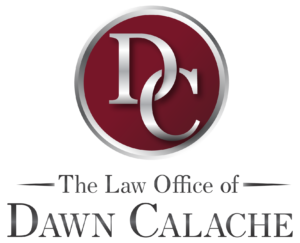Chapter 7 bankruptcy for either individuals or businesses is a straight liquidation bankruptcy that:
- Wipes out unsecured debt, such as credit cards and medical bills
- Protects some excluded personal property from creditors
Chapter 11 bankruptcy for either individuals or businesses is an individual or corporate reorganization that:
- Discharges all debts, including taxes, rent, equipment payments and loans
- Allows a business to remain in operation while reorganizing its structure and debt
- Allows debt to be paid back over time including IRS, child support and mortgage arrearages
The key to any bankruptcy is a full and complete disclosure of what you own, what you owe and anything that may be owed to you.
Getting a Second Chance with Individual Chapter 7 Bankruptcy in Florida
If you are overwhelmed by credit card bills, medical expenses, tax debt or other debts, Chapter 7 bankruptcy offers you a chance to wipe the slate clean by discharging your debts. This is a liquidating bankruptcy, formerly called straight bankruptcy. Its principal advantage is that you come out without any future personal obligations for your discharged debts.
How to determine if you are eligible for Chapter 7 bankruptcy
Your income level determines your eligibility to file for Chapter 7 bankruptcy. If your current monthly income is less than the state median, you are eligible. If it is more, you need to take the bankruptcy Means Test to determine whether you can file for Chapter 7 bankruptcy or should consider Chapter 11 or Chapter 13 bankruptcy. If your debts are primarily business obligations, then you may be exempt from the Means Test.
Chapter 7 bankruptcy may be right for you if you:
- Have overextended credit or are burdened by bills and other unsecured debt
- Do not own significant equity in assets such as a house or a car
- Are suffering from creditor harassment
- Are facing wage garnishment and other harsh creditor actions
- Have IRS debt
What happens after filing for bankruptcy?
Chapter 7 bankruptcy liquidates your non-exempt assets and distributes the proceeds to your creditors. It also allows you to protect some personal property, including household items, Social Security benefits and possibly even your house and your car. Filing for bankruptcy does not lead to the permanent ruin of your credit, as many people fear. Schedule a free consultation with knowledgeable Florida Chapter 7 bankruptcy attorneys today to take the first step to financial freedom.

